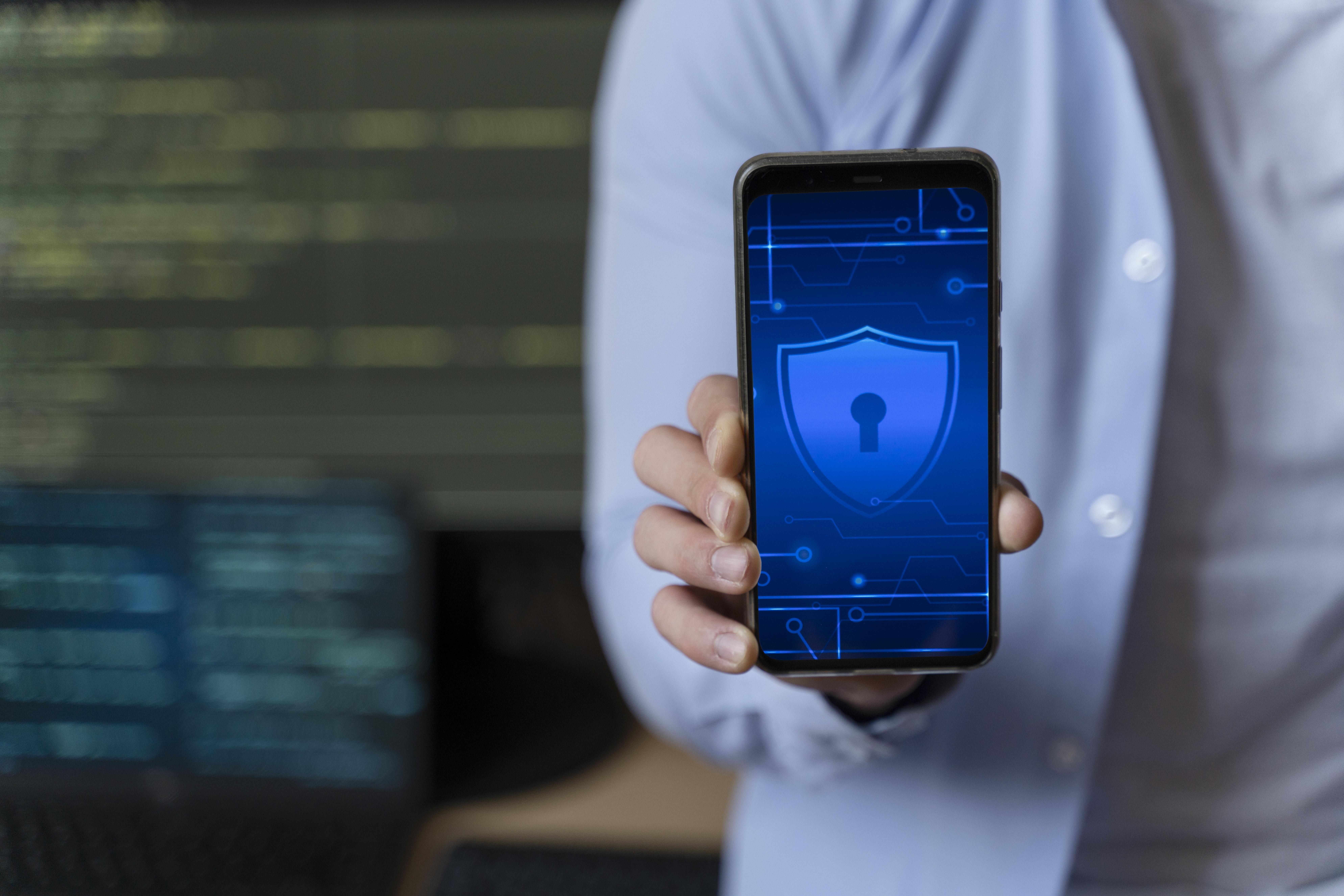Secure Phones vs. Satellite Phones: How to determine which is best for your business
In the ever-evolving landscape of mobile communication, two distinct yet crucial players have emerged: secure phones and satellite phones. Understanding the nuances between these two types of devices is essential, as making the right choice can mean the difference between vulnerability and resilience in today’s interconnected world. Whether seeking connectivity in remote locales or safeguarding against digital threats, the decision to invest in a specific type of phone should align with one’s unique operational and security needs. Our objective is to provide you with comprehensive information on these two solutions so that you are empowered to make an educated decision that aligns with your specific use case and security requirements.
Understanding Satellite Phones
As seasoned experts in mobile security, we understand the critical importance of satellite phones in providing vital communication capabilities in remote and rural areas where traditional networks falter. They serve as the linchpin connecting individuals to the grid, offering a lifeline where connectivity is often scarce.
When mobile networks are inaccessible during emergencies or natural disasters, satellite phones emerge as the dependable communication lifeline. In these situations, the unique capabilities of satellite phones shine brighter than ever, ensuring that essential messages can be relayed without the reliance on conventional networks.
Let’s delve into the nuanced landscape of satellite phones with a concise breakdown of their pros and cons:
Pros:
- Reliable Connectivity: Ensures communication in remote or rural regions where traditional networks are absent.
- Emergency Preparedness: Serves as a robust backup option when mobile networks are down.
- Global Coverage: Offers connectivity in areas beyond the reach of standard mobile providers.
Cons:
- Higher Cost: Satellite phones typically incur greater expenses compared to regular mobile devices.
- Bulkier Design: The robust nature of satellite phones may result in bulkier and less sleek designs.
- Signal Interference: Environmental factors can occasionally disrupt satellite signals, affecting communication quality.
- Minimal Security: Satellite phone communications can potentially be intercepted or monitored. Exercise caution when discussing sensitive or confidential information and be mindful of privacy and security considerations.
- Legal Restrictions: Satellite phones are illegal or controlled in many countries. Always ask.
Real-life scenarios abound where the indispensable nature of satellite phones is undeniable. From wilderness excursions and humanitarian missions to disaster management operations, these devices stand as pillars of communication when all else fails.
Demystifying Secure Phones
When it comes to safeguarding your mobile communications, secure phones shine as the ultimate solution. Designed with the singular purpose of protecting and securing your voice and text communications, these devices offer an unparalleled defense against the increasingly prevalent threats of mobile malware, spyware, and espionage attacks.
Secure phones offer a number of features and benefits that make them the best choice for mobile security.
- End-to-End Encryption: Ensures that your conversations and data remain encrypted and inaccessible to unauthorized individuals.
- Secure Operating Systems: Built on hardened operating systems, secure phones provide an additional layer of protection against vulnerabilities and exploitation.
- Secure Voice and Messaging Apps: Robust communication apps offer encrypted voice and messaging capabilities, ensuring that your conversations are shielded from eavesdroppers.
- Secure Hardware: From secure boot mechanisms to tamper-evident designs, the hardware components of secure phones are engineered to resist physical attacks and protect against unauthorized access.
By choosing a secure phone, you have peace of mind knowing that your sensitive communications are shielded from prying eyes and your valuable information remains secure.
Choosing the Right Fit
At the heart of selecting between a secure phone or a satellite phone is the fundamental importance of reflecting on and evaluating one’s specific needs. Given the unique considerations and requirements of each device type, taking the time to carefully weigh the decision to ensure that the chosen device aligns with your specific needs is crucial.
Identifying key factors that guide decision-making can streamline the selection process. These factors may include considerations like budget, communication requirements, and perceived risk tolerance for data exposure.
Here are key questions that any individual or organization should ask themselves when evaluating either a satellite phone or a secure phone:
- Where will I be primarily using the device?
- How frequently will I require the device, and how long will I need to be in remote or rural areas?
- How much can I budget for a phone?
- What types of information will I be communicating over the phone?
- Am I working with sensitive or confidential information that requires top-notch security?
- What kind of support and training will I need to properly utilize the device?
To exemplify the differentiated value propositions of each device type, let us examine hypothetical case studies centered around the implementation of both secure phones and satellite phones.
For secure phones, let us consider the case of executive protection agencies who are tasked with protecting client communications, minimizing security breaches, and safeguarding sensitive information. By equipping clients with secure phones, agencies create an impenetrable communication channel shielded from unauthorized access. This proactive measure significantly reduces the risk of security breaches and strengthens the overall security posture. The use of secure phones ensures the utmost privacy and protection of sensitive information, reinforcing the agency’s commitment to client security.
In contrast, a charitable NGO that frequently undertakes humanitarian missions in disaster-stricken areas may find satellite phones to be the most reliable and effective choice. These devices can be a lifeline in environments where traditional networks are non-existent or disrupted during natural disasters and ensure that vital communications can continue unhindered.
By taking a comprehensive and informed approach to selecting between these two critical devices, businesses and individuals can make an enduring investment in their security posture and ensure that robust mobile security measures are at hand.
If you’re interested in learning more about secure phones, set up a 30-minute meeting with a member of our team

 Secure Phones vs. Satellite Phones: How to determine which is best for your business ">
Secure Phones vs. Satellite Phones: How to determine which is best for your business ">





Leave a Reply
Your email address will not be published.*